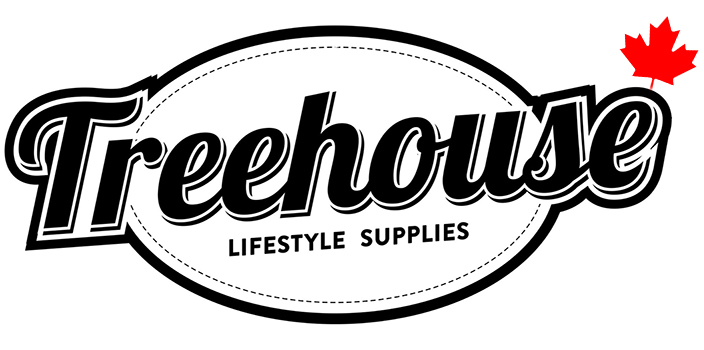Can I be barred from entering the U.S. if I own shares of a Canadian cannabis producer?
I’ve heard that I could be barred from entering the United States if I own shares of a Canadian cannabis producer. Is that true?
It’s highly unlikely. However, if you admit to smoking marijuana, or if you invest in or do business with a U.S.-based cannabis company, you could be asking for trouble at the U.S. border.
Canadians can and do get barred from the United States for so much as admitting that they have used the drug. Olympic snowboarder Ross Rebagliati was the most famous example, but other Canadians have been shut out of the United States permanently for the same reason.
Because marijuana is a controlled substance that is illegal under federal U.S. laws, U.S. border officials can block people who have simply used the drug in the past. Even though nine U.S. states have legalized cannabis for recreational purposes and 30 states permit medical use of the drug, when you enter the United States, the federal laws apply. (Tip: Never carry marijuana-oriented paraphernalia – including clothing or magazines – that might draw attention at the border.)
It’s not just drug users who are at risk. Canadians who invest in a U.S.-based marijuana business can also run into major problems at the border. Sam Znaimer, a venture capitalist in Vancouver, was trying to travel to the United States in May when U.S. agents questioned him about his investments, which include stakes in the U.S. cannabis industry. He’s now barred for life from entering the United States.
Canadians who are barred can apply for a temporary waiver to allow entry, but the process can take up to a year and the waiver must be renewed periodically.
Len Saunders, an immigration lawyer in Blaine, Wash., has recently seen a spike in cases of Canadians who were denied entry to the United States or barred permanently because of direct or indirect business ties to the U.S. cannabis industry.
“I saw a gentleman up in Edmonton who owns some commercial property in Colorado. He had some leases in his briefcase a couple of weeks ago and was coming through pre-clearance in the Edmonton airport,” Mr. Saunders said in an interview. When U.S. border officials realized that one of the Edmonton man’s tenants was involved in the cannabis industry, they “barred him for life for living off the avails of drugs because he was getting paid as a landlord.”
Another case involved three individuals in Vancouver who were trying to sell agricultural trimming equipment to a cannabis business in Washington State. “They hadn’t done any sales yet, but they were going down for business meetings. They were barred for life,” he said.
What if you’re a Canadian who holds shares of a Canadian-based marijuana producer such as Canopy Growth Corp. or Aurora Cannabis Inc.? Are you taking a risk at the U.S. border?
“I think you’re okay, because it’s all within Canada,” Mr. Saunders said. U.S. border agents “have not taken any interest in Canadians doing business in the cannabis industry in Canada. It’s strictly Canadians doing business in the cannabis industry in the U.S.”
“But after the last two or three months, I don’t know. I never thought I would see people like Sam [Znaimer] being denied entry. This is a new phenomenon,” Mr. Saunders said.
Since we moved our money to a new adviser in April, 2014, we have earned an annualized total return of about 4.5 per cent. In the past year to May 31, our return was just 1.7 per cent. I am not happy with that. We have about two-thirds of our money in domestic and U.S. stocks, with the rest in guaranteed investment certificates, mutual funds and a small amount of cash. We pay the adviser a flat fee of 1.1 per cent. What do you suggest we do?
The first thing you should do is compare your return to a benchmark. For the period from April 1, 2014, to May 31, 2018, the S&P/TSX Composite Index posted a total annualized return – assuming all dividends had been reinvested – of about 5.7 per cent. So, you’ve trailed the index over that period by 1.2 percentage points. The difference could be explained by your annual fee of 1.1 per cent and the fact that you have a chunk of your portfolio in GICs (which isn’t necessarily a bad thing, because people buy GICs for safety, not growth).
Your total return of 1.7 per cent for the year to May 31 is a bit more troubling. The S&P/TSX posted a total return of about 7.8 per cent over that period, so you’re well behind the index – even after accounting for the adviser’s fee and your low-yielding GICs. I suggest you make an appointment with your adviser and ask why your portfolio has lagged. Did certain stocks or funds do very poorly? Is there another explanation? Don’t let your adviser dismiss your question with a general explanation such as “markets are unpredictable” or “don’t worry, the portfolio will bounce back.” You are paying him for his services and he owes you a detailed explanation so that you can take corrective action, if necessary.
(via www.theglobeandmail.com)









